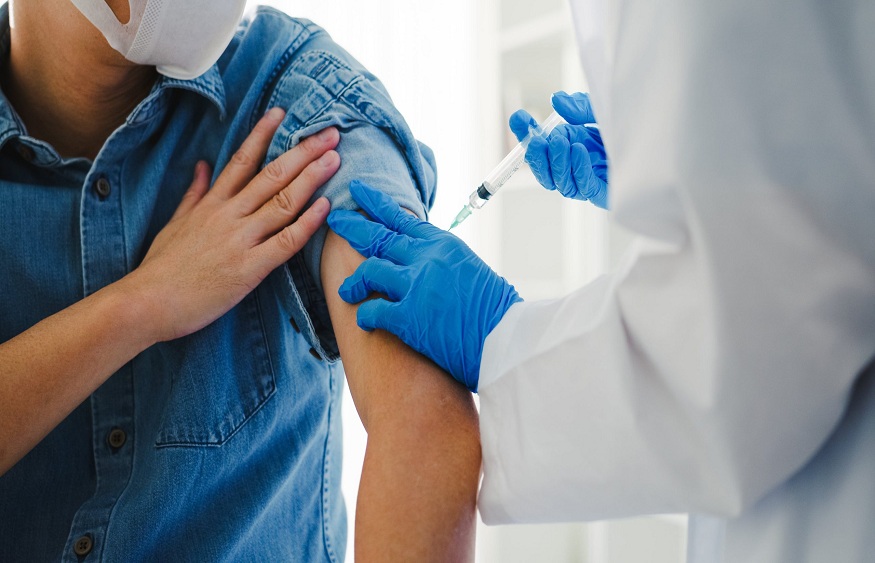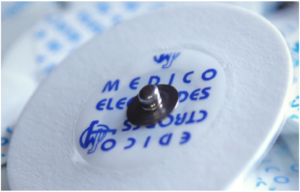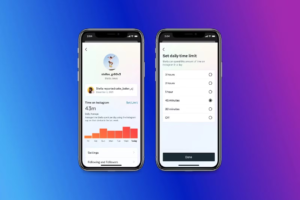
Many people believe vaccines cause that shoulder pain, but there are no reliable statistics on how widespread this belief truly is. What does have studies suggest or show us, though, for those who might be having shoulder pain from a vaccine; these symptoms may occur in less than three weeks after receiving the said vaccine. Yet, most people rush into getting their next shot, hoping they won’t get the pain back again. These people don’t know that there could be other causes for the pain beyond a simple vaccine.
Vaccine injuries from the government have never been more prevalent or severe than they are today. The Centers for Disease Control and Prevention (CDC) has reported that vaccine injuries in adults make up about 11 percent of all hospitalizations for vaccine-related injuries, with a total of over 1 million adults visiting emergency rooms each year. Some outcomes can be severe and even life-threatening, but most vaccines cause mild to moderate pain typically limited to a week or two following vaccination.
What Is SIRVA?
When a person receives an injection in the shoulder, they are likely to suffer Shoulder Injury due to the Vaccine Administration. Shoulder pain after vaccination or shoulder injury related to vaccine administration (SIRVA) can be severely debilitating and may even become life-threatening. It is also referred to as post-vaccination shoulder syndromes, Post-vaccination shoulder pain syndrome, shoulder injury related to vaccine administration, and vaccination-induced shoulder injury. Symptoms of SIRVA commonly occur after an individual receives any vaccine injection in the shoulder region.
Symptoms:
Most people who suffer from SIRVA (Shoulder Injury Due To Vaccine Administration) complain of severe pain that can travel all the way to the neck region and even down their arms. People should contact a professional SIRVA lawyer immediately. The pain usually occurs immediately upon or shortly following vaccination administration by a healthcare worker. Most people experiencing this reaction report feeling a burning sensation or that their arm is “on fire.”
Decreased Range Of Motion:
People may experience a significant reduction in the range of motion in their shoulders after receiving a vaccine, which can take up to three days to improve or resolve. There is also a high possibility that pain will be experienced while attempting to move the shoulder, especially while doing routine work at home and in the office. In addition, most people diagnosed with SIRVA complain of scar tissue formation over the area where they received their vaccination. Scars are mostly found at the site of vaccination and can be felt by the person experiencing it.
Clicking Or Grating Sensation In Shoulder Joint:
People suffering from SIRVA often complain of clicking or grating sensation in their restricted joints. This sound can sometimes be heard while sleeping or sitting quietly. However, it can also be felt when they slide their arm down the side of their body.
Fatigue:
Vaccines can cause long-term fatigue and exhaustion, which is one of the main reasons why many people diagnosed with SIRVA complain of fatigue and sleep disturbances. Other symptoms that individuals may feel after receiving an injection in the shoulder region are a sudden decrease in coordination, rapid heart rate, extreme pain, headache, and low-grade fever. These symptoms appear after the needle has been withdrawn from the skin at the vaccination site.
Weakness Or Loss Of Strength:
People who develop Shoulder Injury Due To Vaccine Administration typically report a loss of strength and muscle weakness. These symptoms usually become apparent within a few minutes following the injection. Numerous studies have shown that the strength of muscles in the shoulder decreases after receiving a vaccine, especially in people experiencing pain. In addition, weakness contributes to other types of muscle atrophy, which can cause future health problems such as decreased speed and power, balance issues, and less flexibility. Some people may also experience fatigue or lack of energy in general when they are experiencing SIRVA symptoms, and they should visit a professional SIRVA lawyer. Although fatigue is most commonly associated with severe muscle weakness, it can still be experienced even if no weakness exists.
Severe Shoulder Pain:
Most people complain of severe shoulder pain that can last for months at home or in the workplace. The pain may spread all the way down to the arms and even to the neck region. The pain can last for several weeks and is worse during nighttime while at rest.
When To See A SIRVA lawyer:
If any of the above symptoms are experienced after vaccination, you need to see a doctor immediately. You may undergo some tests like X-rays and MRIs to rule out more serious health issues such as blocked arteries, structural manipulations, and spinal conditions. If a doctor confirms that you are suffering from SIRVA then you should ask for help from a SIRVA lawyer.
Conclusion:
Post–vaccination shoulder syndrome is a rare but severe condition that can occur after any vaccine injection given in the shoulder region. The symptoms often lower people’s quality of life and can put them out of action for weeks or even months. Since SIRVA doesn’t have any specific treatment options, people who suffer from this condition should be on regular pain management medication to assist with managing their symptoms.






